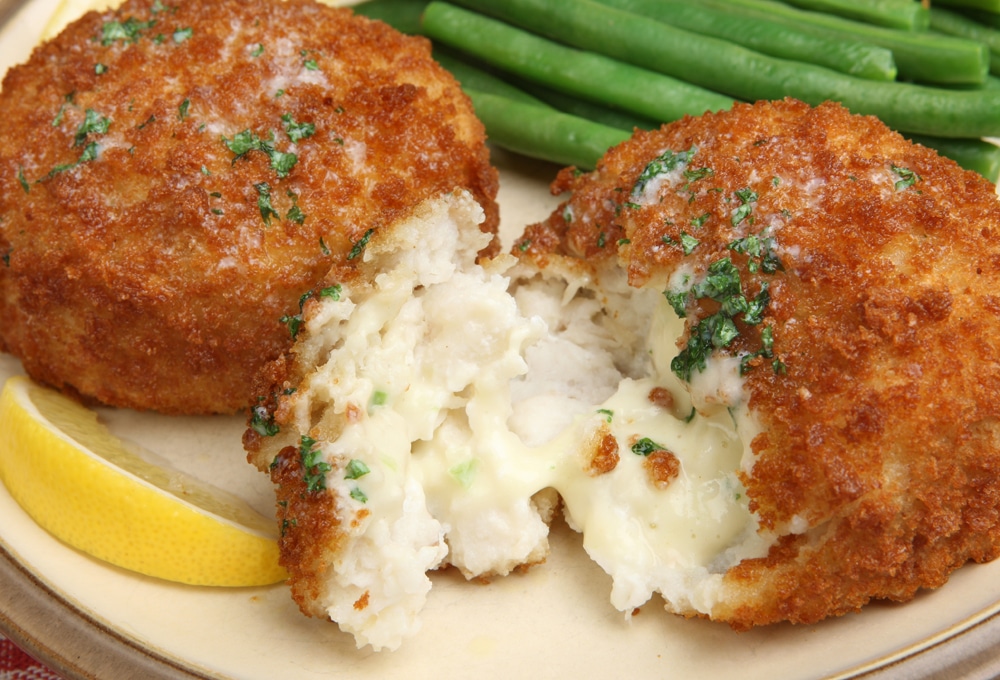We’ve been warning of potential problems in the supply chain over the coming months for some time. Behind the recent headlines about looming shortages of chicken and potato products are some more fundamental problems.
The labour shortage many hospitality businesses are experiencing is a problem that goes right back through the supply chain from picking and packing to warehousing and distribution. Add to that the global pandemic, which can only really be resolved as quickly as the slowest country to vaccinate; high global distribution costs; looming inflation; and the continued impact of Brexit, and almost every product pubs buy is likely to affected to some extent.
However, there are practical steps operators can take. Businesses with a diverse menu have more flexibility than a fast food brand that is dependent on a specific product such as chicken, and independents can be even more agile than branded operators who have fairly rigid menu formats.
Practical steps can include:
- Talk to your fish, meat and fresh produce suppliers to get the best value from the products available; and be aware the challenges go beyond food, everything from glassware and crockery to kitchen equipment faces the same issues;
- Keep menu descriptions flexible, e.g. ‘catch of the day’, ‘home-made pie of the week’, or ‘served with seasonal veg’;
- Ask your supplier to do some of the prep such as filleting fish or trimming steaks to size before delivery. Be aware that this costs more, but the balancing act is that the extra you pay saves kitchen time and helps reduce food waste. Suppliers can also use off-cuts to make products such as burgers and fishcakes, which generate high GPs;
- Plan your orders. Fewer, bigger deliveries are far better value than frequent small ones. Place orders as early in the day as possible, as this helps the supplier manage their stock and helps operators make most of availability;
- Check orders carefully, be prepared to be flexible and work with suppliers to get the products and value you need.
it’s going to be important over the next few months to plan ahead, take a disciplined approach to menu planning and ordering, and keep in regular contact with all suppliers.
Ultimately though, every restaurant, pub and café has a similar challenge, and as operators plan for Christmas, the best advice is to keep talking to suppliers – and to make the most of whatever freezer and storage space you have when products are available.
